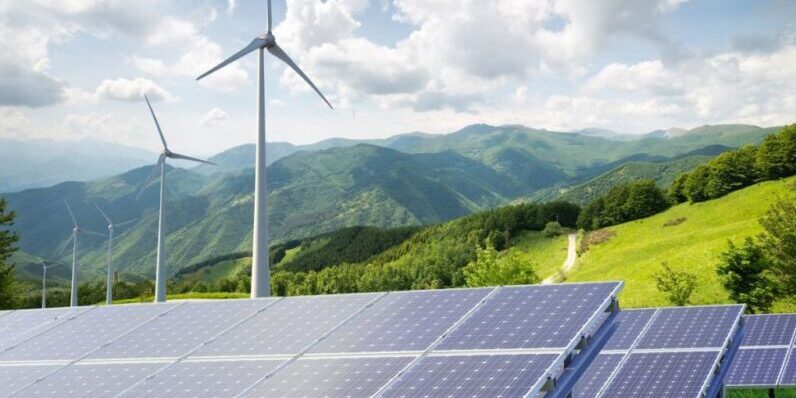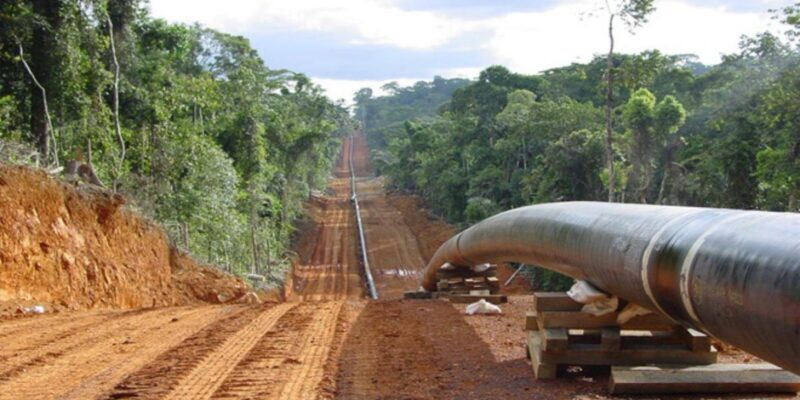Africa’s energy deficit has given rise to African entrepreneurs that are introducing new technologies, especially in solar power, to fill these gaps.
Progression is mostly driven by energy and many regions in the world are quickly running low on means to generate it. With over 600 million people devoid of access to electricity, Africa is a region amid an energy crisis.
Despite Sub-Saharan Africa’s booming population, the region has a an extremely low electrification rate.
The average electricity consumption in the largest African countries is less than one-tenth of what is consumed in large countries, such as China or Brazil.
Meanwhile, most residents of Sub-Saharan Africa are living in the dark without any access to electricity. This burgeoning power gap continues to hamper Africa’s economic growth as the lack of affordable energy staves off new ventures and investments.
Further, those who do opt to conduct business in the region are plagued with the high costs of generating their own electricity or operating in-house generators. These solutions cost them up to six times more than what people are paying for electricity around the world.
Traditional generation not viable (Africa’s energy crisis enables African solutions)
Such high costs of power generation can be attributed to the means through which power is currently being generated in Africa. As the cost of fuel and diesel rises, traditional methods of power generation no longer represent a viable option. To make electricity more accessible and affordable for the rural part of Africa, entrepreneurs and governments are moving beyond such traditional methods and leveraging renewable energy to bridge the power gap.
Apart from proactive efforts to expand Africa’s power grid to make electricity more accessible, there is a need to embrace the continent’s abundant renewable resources.
African entrepreneurs and innovators are now introducing new technologies in solar power to fill the gaps in the African energy landscape. These ventures use mobile money to finance large scale projects that power households in rural Africa.
Most of the African population lives below the poverty line, with 70% of households earning less than USD5000 per annum.
Companies utilising solar power to meet demands are making electricity more affordable for low-income areas with their sustainable business model.
Increasing the prevalence of solar power is not only more affordable but also less time consuming than conventional alternatives.
Renewable projects create jobs (Africa’s energy crisis enables African solutions)
Furthermore, solar power reduces Africa’s dependence on imported fossil fuels that trigger soaring electricity prices. In addition, new projects involving solar power are creating job opportunities and improving household incomes to build a brighter future for Africa.
As the world undergoes a climate change crisis, turning to renewable energy, such as solar power, is the ideal solution for Africa to reduce emissions and build a more sustainable energy landscape.
In its embryonic stages, solar power is said to meet 15-20% of Africa’s energy consumption requirements.
Meanwhile, the advancement in technology has brought forth new innovative techniques such as the Internet of Things (IoT), that is powering smart grids and electricity systems optimised for technology.
As solar grid systems become more sophisticated through this new technology and other forms of renewables are integrated, transformation of Africa’s energy generation will bring about new economic growth and prosperity for the region.
African solutions for African problems
As the investment in renewable energy sources increases, it is upon African governments to encourage and accelerate the growth of renewable energy across the region.
Governments can start with defining political targets and adapting regulatory practices for renewable energy generation.
Access to energy is a fundamental human right and African nations need to be prepared for the new wave of renewable energy to transform and sustain the continent’s energy landscape.
The upcoming Africa Energy Indaba (7 to 9 March in Cape Town, South Africa) is Africa’s esteemed energy event and is supported by Strategic Partner, the African Union Development Agency, and with the full support of the South African government host, the Department of Mineral Resources and Energy (DMRE).
This signature event is set to host riveting, engaging and pertinent discussions covering the employment of renewable energy innovations to bridge Africa’s energy gaps. Such technologies are not only aligned with global climate change policies but represent the optimal solution to ensure a more accessible and sustainable energy realm across the region that is Africa.
![]()




